
The Often Misunderstood Science of Frozen Pipes.
[fa icon="calendar'] Feb 24, 2023 11:02:29 AM / by Kenneth R Quigley, PE
AT CCA OUR EXPERTS KNOW HOW AND WHY PIPES FREEZE
Read More [fa icon="long-arrow-right"]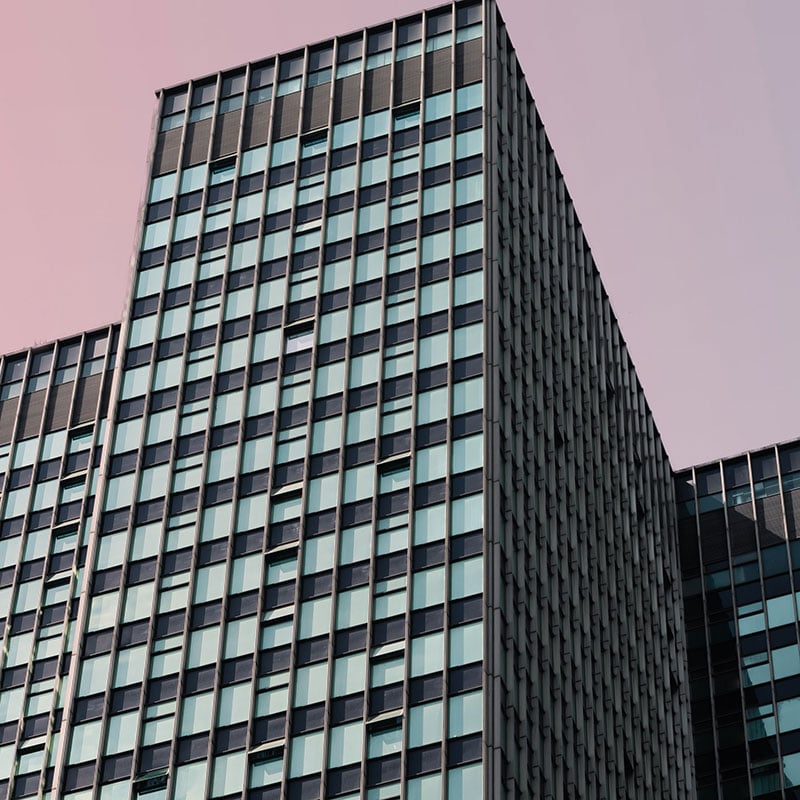
Building failures: It is never just one thing
[fa icon="calendar'] Dec 13, 2021 4:35:33 PM / by Greg Hoyt, PE
Buildings are complex systems, with multiple components that must work together to maintain structural integrity, keep the weather outside the building, and provide services for occupants, such as running water and air conditioning. Like any complex system, each building starts its life shiny and new, then deteriorates over time—slowly from regular wear and tear, or suddenly because of an external force such as an earthquake or tornado. Because of this complexity, building failures are seldom caused by just one thing.
Read More [fa icon="long-arrow-right"]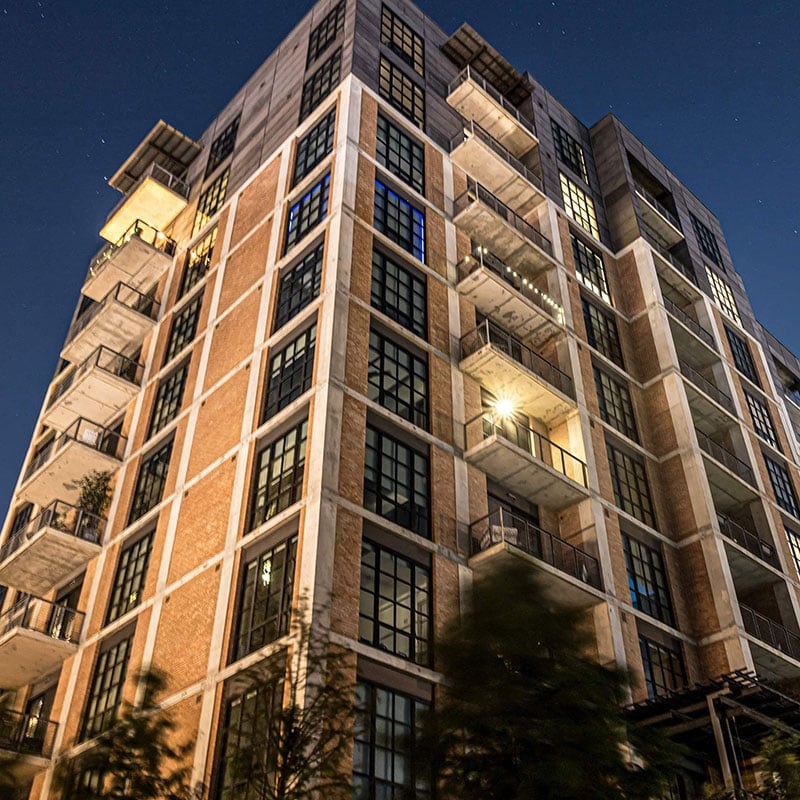
Should I panic? The role of structural condition assessment for condominiums
[fa icon="calendar'] Dec 1, 2021 11:04:19 AM / by Kenneth R Quigley, PE
There is much concern about the structural safety of existing condominium properties, and fear of catastrophic building failure. A collapse like in Surfside is extremely rare; yet partial collapses and other structural failures do happen. Owners and boards need to maintain the building and have it inspected regularly. For condos, that means getting a property condition assessment to take a deep dive into the health of the building(s).
Read More [fa icon="long-arrow-right"]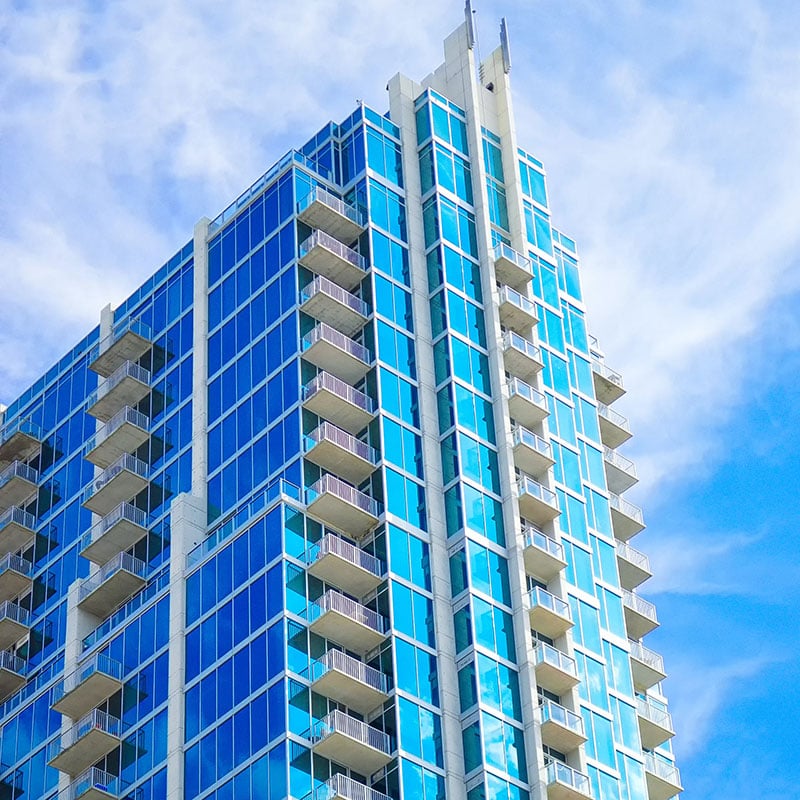
Is My Condo Building Safe?
[fa icon="calendar'] Nov 16, 2021 9:23:39 AM / by Taylor James Pierce, RA, NCARB, LEED AP
If your condominium was built to code, even older building codes, it is likely a safe building. Like most things, however, as they age, buildings need maintenance and occasional repairs to ensure they remain safe and sound, including bringing them up to new code standards in some cases. That is where concern should lie—checking for issues that may make the building, or parts of it, unsafe.
Read More [fa icon="long-arrow-right"]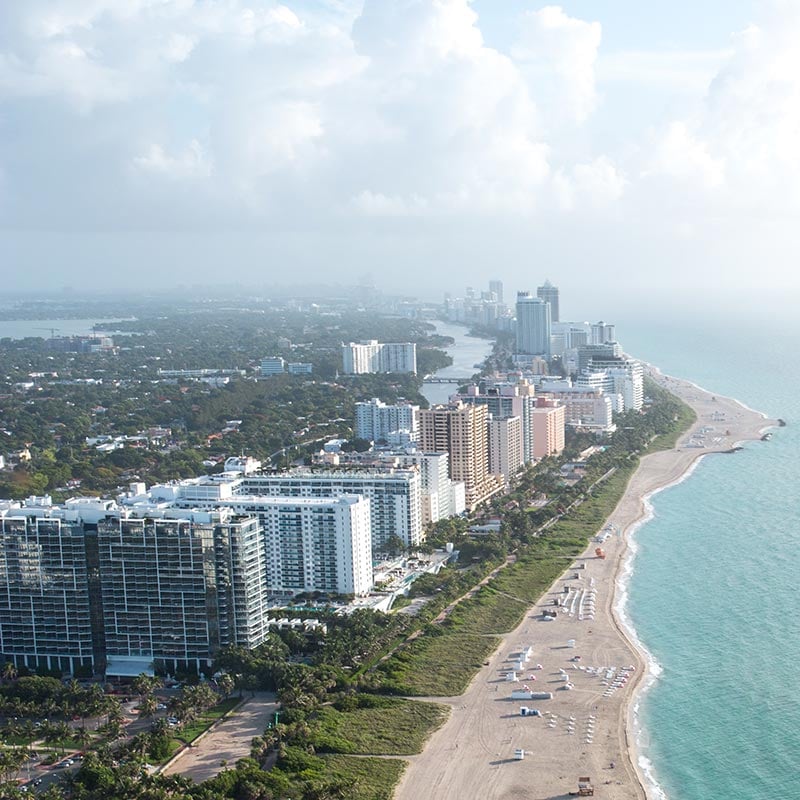
CCA opens new office in Florida
[fa icon="calendar'] Oct 14, 2021 12:15:00 AM / by Kenneth R Quigley, PE
We are excited to announce the opening of CCA’s newest office in Ft. Lauderdale to service our clients in Florida and beyond. With its expanding population (14.6% growth in the last decade, double the rate of the US overall) and thriving economy, the time was right to extend our presence in Florida, adding this office to complement our existing presence in Orlando.
Read More [fa icon="long-arrow-right"]
Effects of building movement on interior finishes
[fa icon="calendar'] Oct 7, 2021 1:55:33 PM / by Kenneth R Quigley, PE
Buildings are designed to withstand a certain level of expected forces, like gravity and wind, based on their location and function. Forces such as strong winds, earthquakes, or explosions can cause a building to move beyond what the materials are designed to withstand, causing significant damage to the interior finishes of the structure, even without a breach of the building envelope. Knowing how these forces can impact your building are the first step to protecting them before the damage is caused, or repairing them afterward.
Read More [fa icon="long-arrow-right"]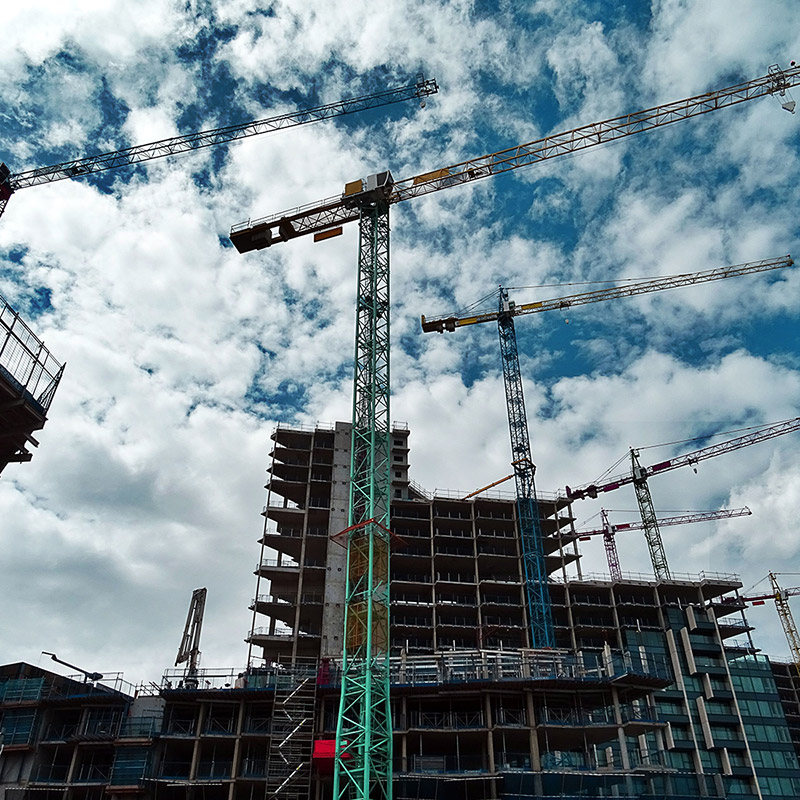
Stabilization of construction costs after a hurricane
[fa icon="calendar'] Sep 24, 2021 8:54:48 AM / by Peter A. Byrne, PE
As part of recovery after a hurricane, property owners must sift through the damages to their buildings and infrastructure, then begin clean-up and rebuilding. Once physical health and safety are assured, owners and the insurance companies providing coverage deal with the massive devastation, and that includes assessment and rebuild for each property damaged.
Read More [fa icon="long-arrow-right"]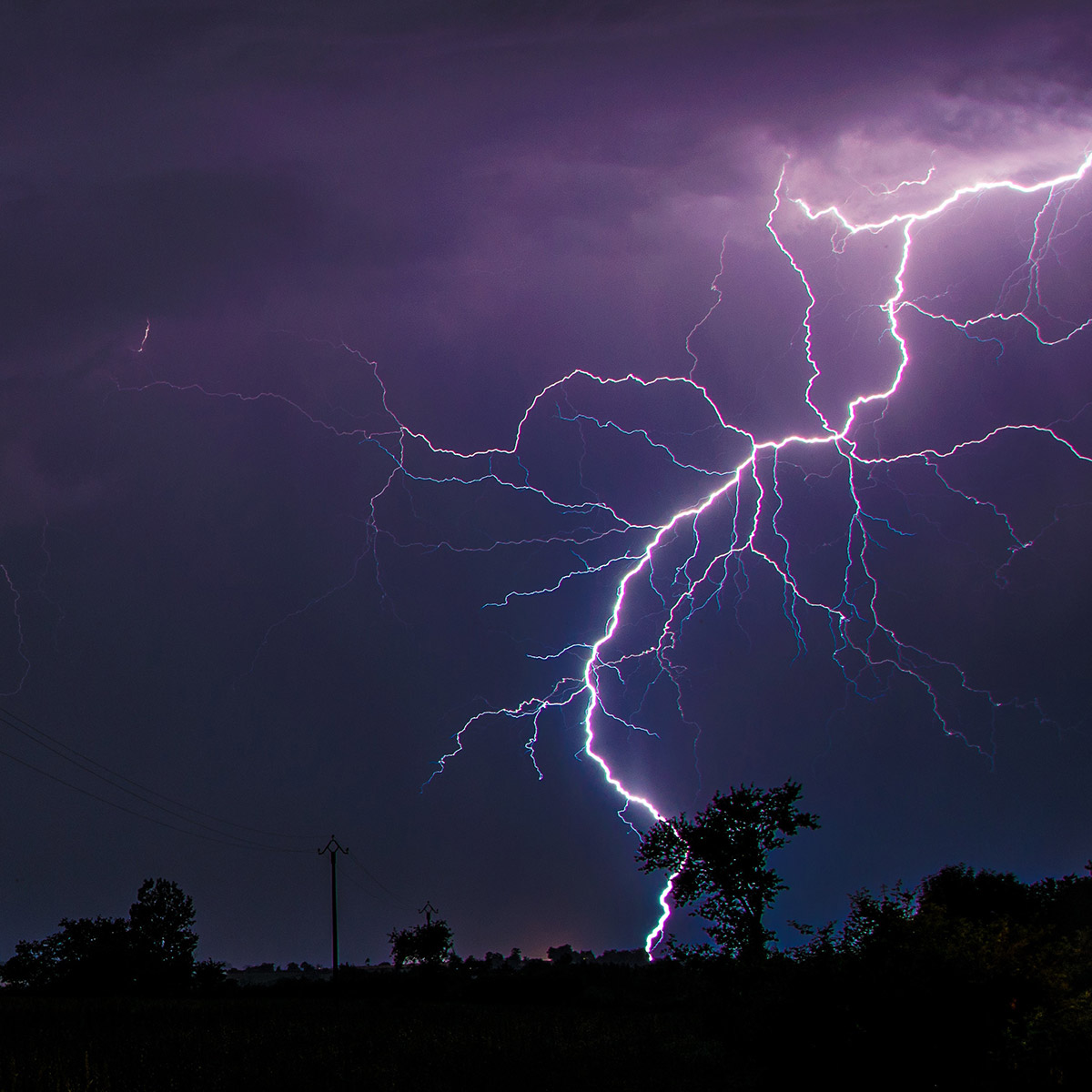
Best available refuge: Protecting yourself when a tornado or hurricane hits
[fa icon="calendar'] Sep 16, 2021 11:30:00 AM / by Greg Hoyt, PE
Tornados and hurricanes are dangerous, extreme wind events. Both types of storms are likely to happen in specific geographies—tornados in the central plains of the U.S. and hurricanes along the Atlantic seaboard and Gulf Coast. Yet these storms can and do happen in other areas.
Read More [fa icon="long-arrow-right"]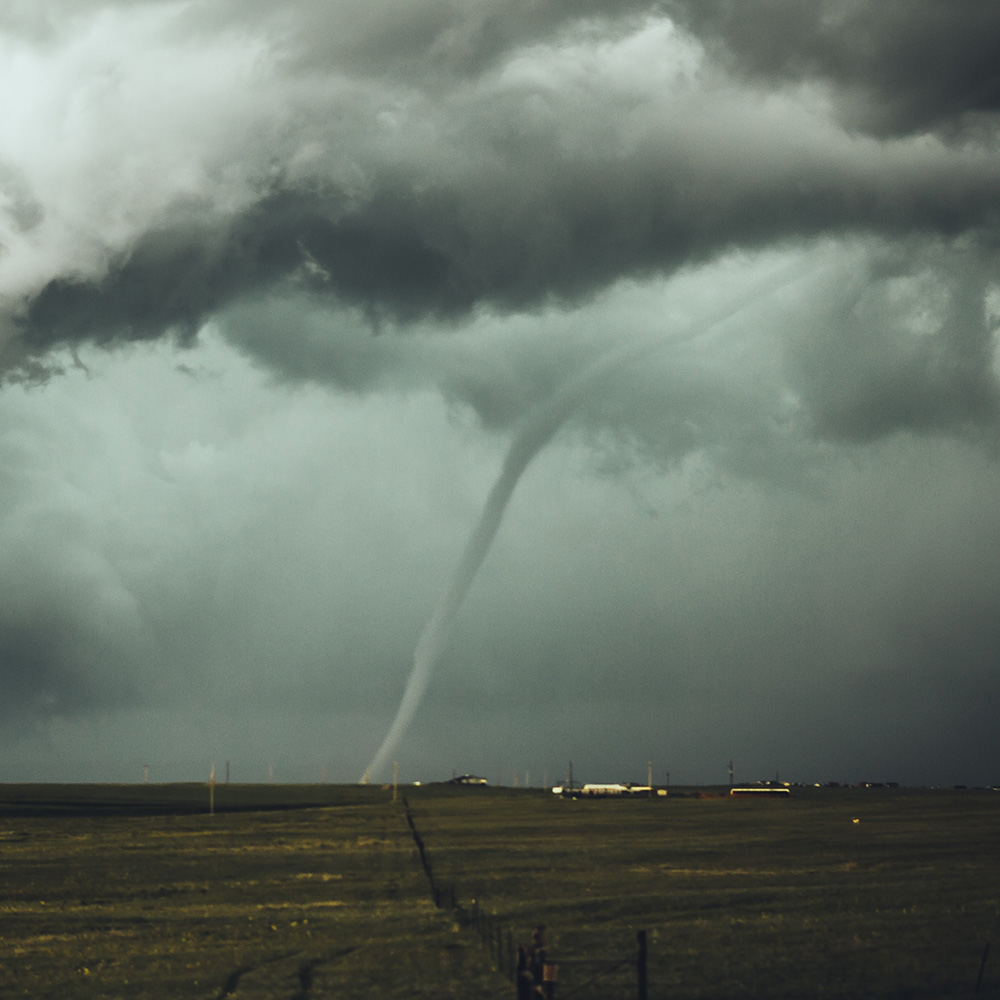
Structural performance during a tornado: What you need to know
[fa icon="calendar'] Sep 9, 2021 9:16:01 AM / by Greg Hoyt, PE
Statistically, there are few tornados above F2 on the Fujita scale (maximum wind speeds of 113-157 mph). This is a tremendous wind load to hit a structure and most buildings are not typically designed to survive those kinds of loads. The one good thing about tornados is that they are typically short-lived, on the ground only a few minutes, and averaging about 1,000 feet across. Regardless, the concentrated force of these rotating winds at that speed hitting the building for a short period can cause significant damage. Here, we will look at what happens to a structure when it is hit by a tornado.
Read More [fa icon="long-arrow-right"]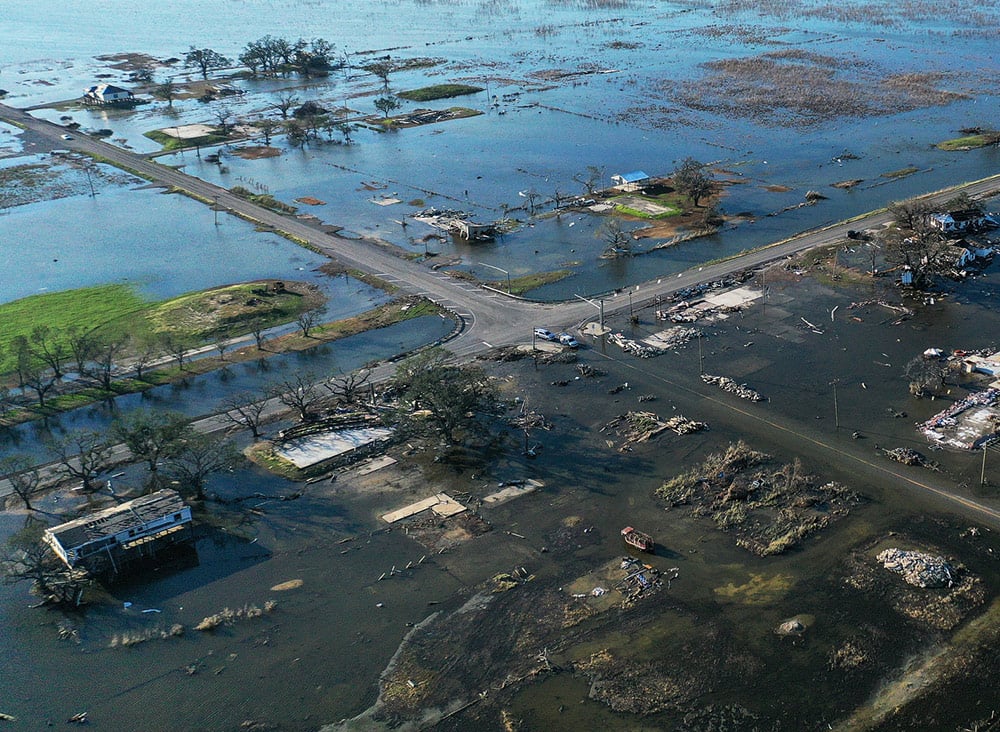
Responding to Catastrophes
[fa icon="calendar'] Aug 17, 2021 6:30:00 AM / by Kenneth R Quigley, PE
Disaster can strike at any time—natural disasters like hurricanes, wild fires, earthquakes, tornadoes; and human-caused catastrophes like pipeline leaks, criminal acts, bridge or building collapses, or industrial, air, or rail accidents. After the initial emergency response, property owners and public officials turn their attention to restoring properties and restarting commerce. Business and property owners and their insurance companies want to know:
Read More [fa icon="long-arrow-right"]
